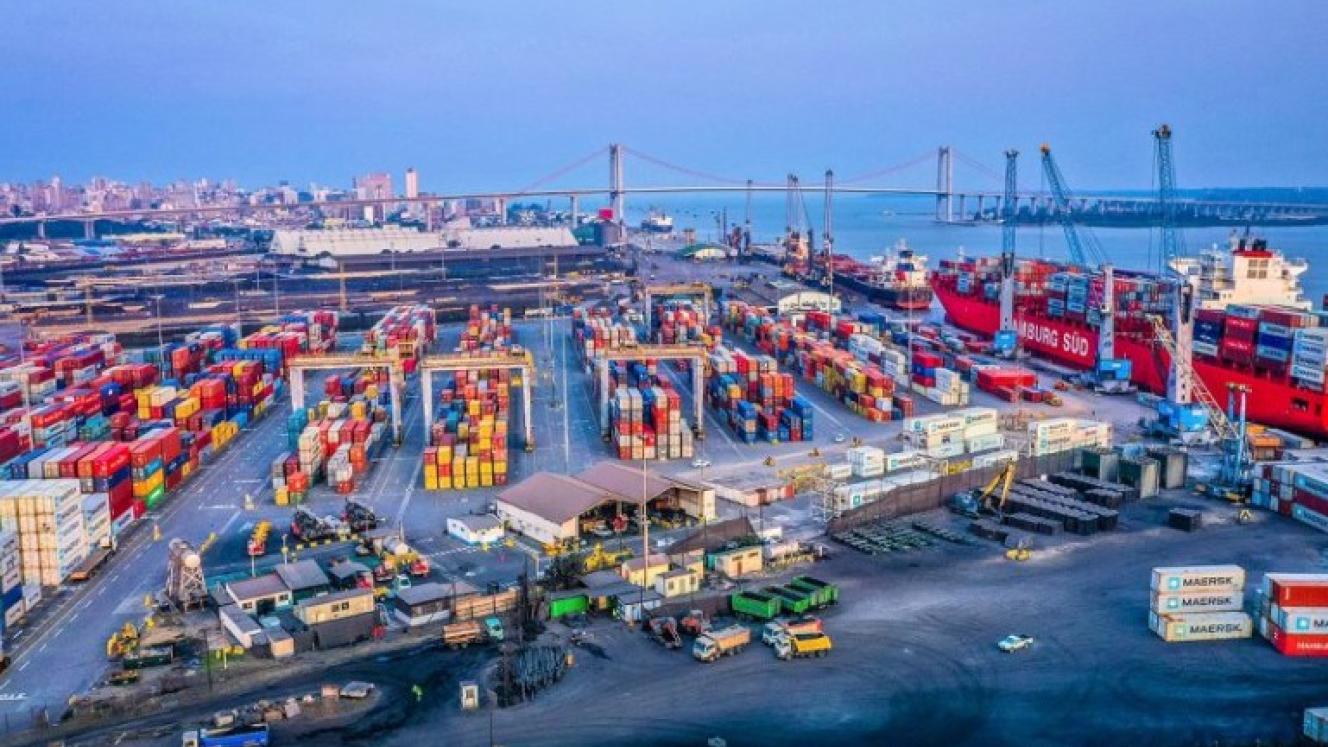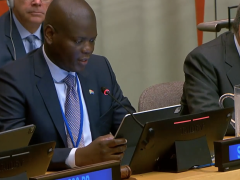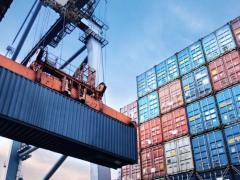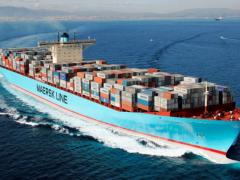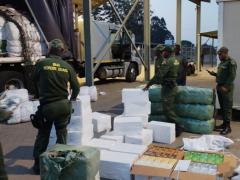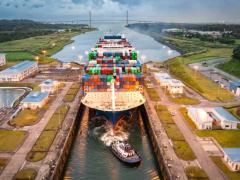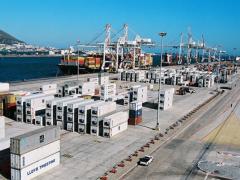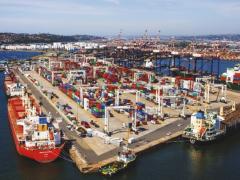Barloworld Logistics is in the process of implementing an aggressive turnaround strategy which it hopes will prevent the Barloworld Group from divesting itself of this division next year, said CEO of Barloworld Logistics, Kamogelo Mmutlana. This follows statements made last week by Barloworld Group chief executive, Dominic Sewela, that it was exiting the Middle East Logistics operations and was considering an exit strategy – as one of a number of options – for the southern Africa logistics business as well. Presenting the group’s preliminary audited yearend results for the 12 months to 30 September 2017, Sewela said, “All options remain under consideration as we continue to closely monitor the performance of the business.” Sewela said a final decision on the future of Barloworld Logistics would be taken in September next year. Mmutlana admitted to FTW that the logistics division had delivered a “less than optimal performance”, attributing it to, amongst others, “tough economic trading conditions locally”. “However, there is the intention and will from the wider Barloworld Group to continue to remain invested within the business – assuming certain milestones will be achieved.” He said initial implementation of the turnaround strategy in October was already beginning to deliver results. Mmutlana added that the decision to acquire the 21.2% minority interest in Barloworld Transport in July this year had laid the foundation for further rationalisation of the overhead structure of the logistics sector. “It is my firm belief that we are well on our way to not only escalating our key points of value within the market, but delivering a vastly improved performance through to the 2018 financial year,” Mmutlana said. He provided assurances that the changes to Barloworld Logistics' internal operational model would have “little to no effect” on its existing partnerships with, amongst others, Transnet Freight Rail. “The positive impact from the changes will include easier access to all parts of the logistics suite of services through a single point of contact,” said Mmutlana. Transport economist Andrew Marsay told FTW that in his opinion the logistics industry was extremely competitive and required constant innovation in terms of product type and service delivery. Mmutlana said that with the economic outlook for South Africa remaining subdued, most organisations would be wise to reassess their operational models to ensure long-term sustainability. “Low consumer confidence has seen shrinking spend and, not unexpectedly, this leads to changes in demand within the logistics industry.” In addition, traditional supply chain business models were being disrupted by technology shifts, both within demand patterns (e-commerce for example) and operational best practices (automation within warehouses). “I believe that logistics is, and will remain, a formidable player within the local supply chain landscape. It is during tough times that organisations prove their mettle,” Mmutlana commented.
INSERT
I believe that logistics is, and will remain, a formidable player within the local supply chain landscape. – Kamogelo Mmutlana
